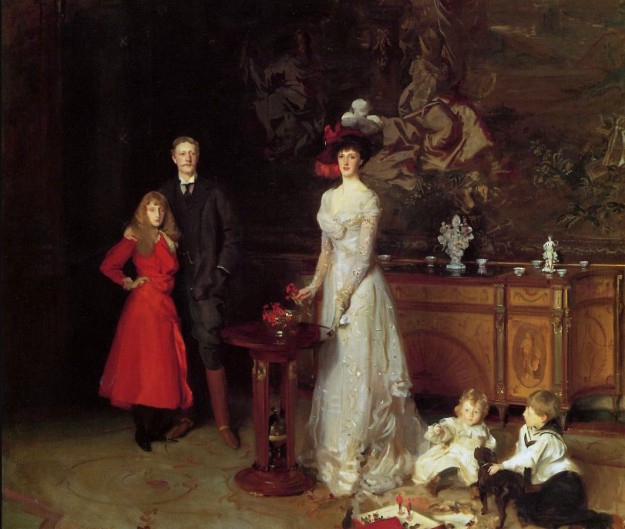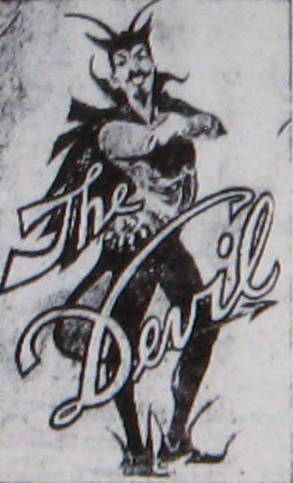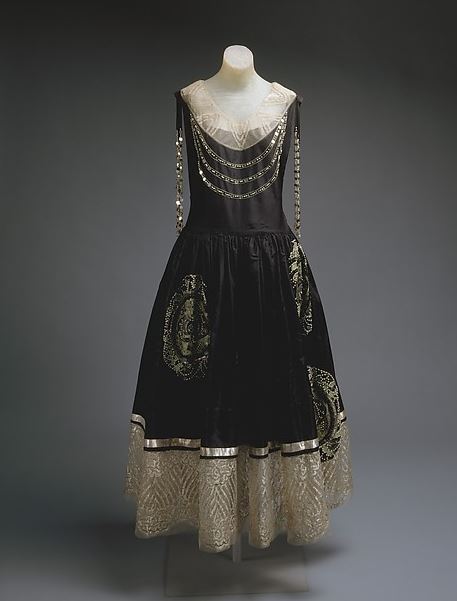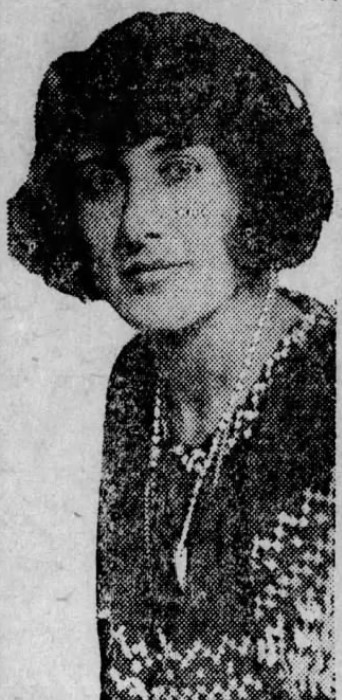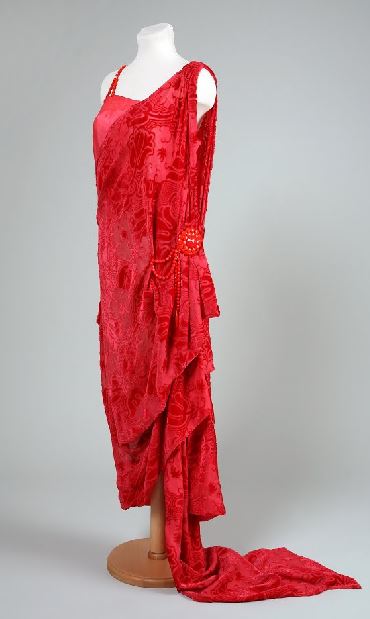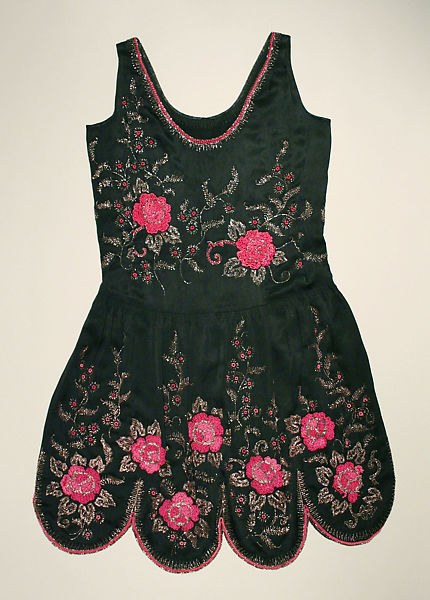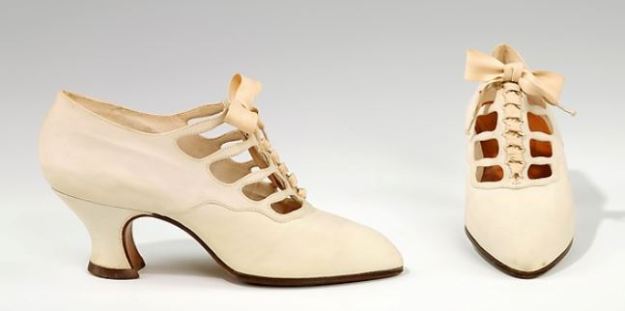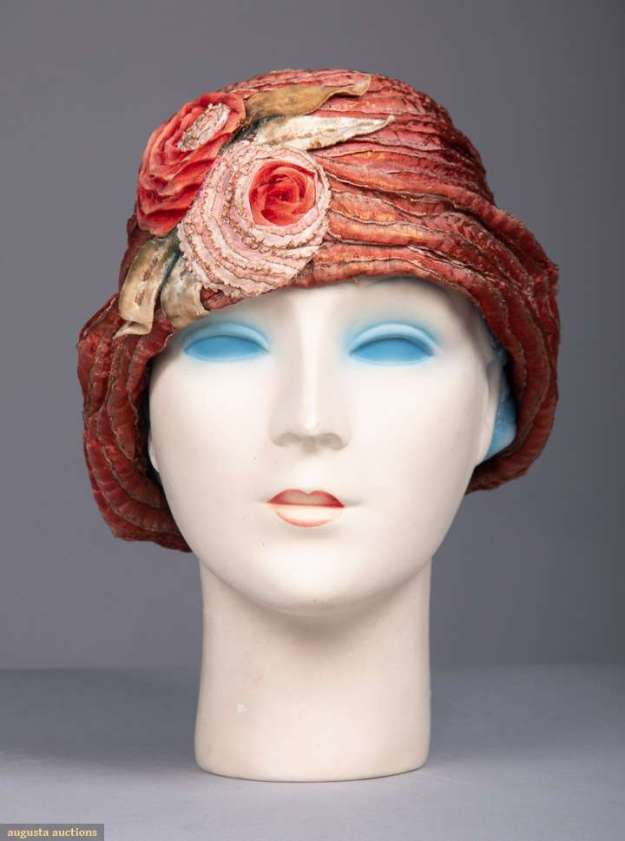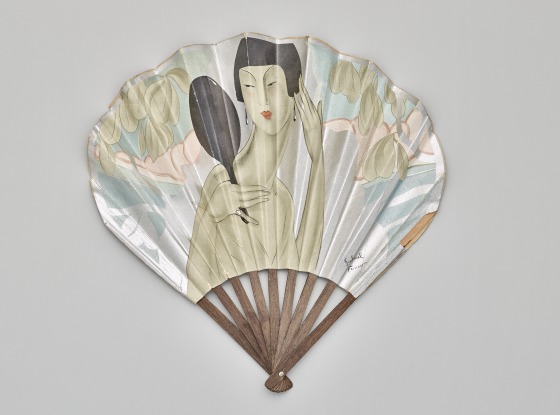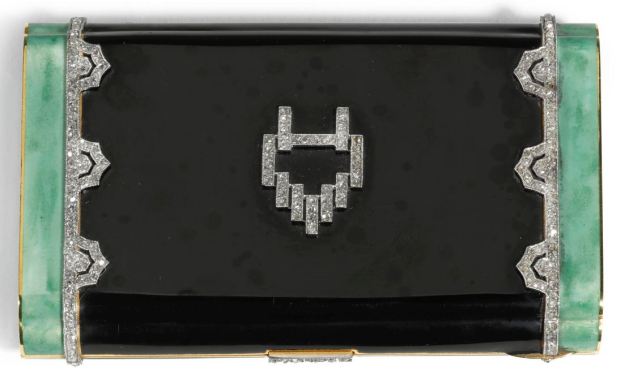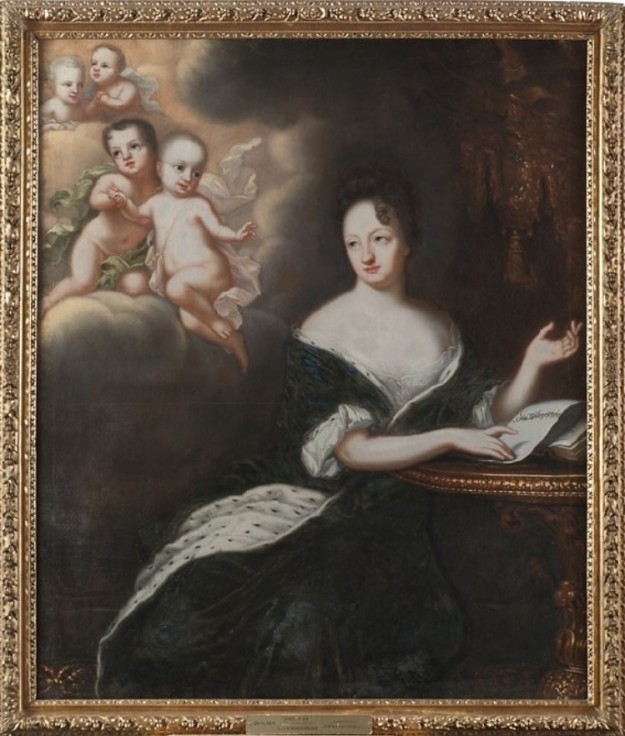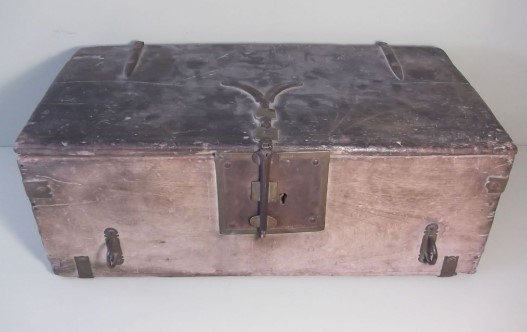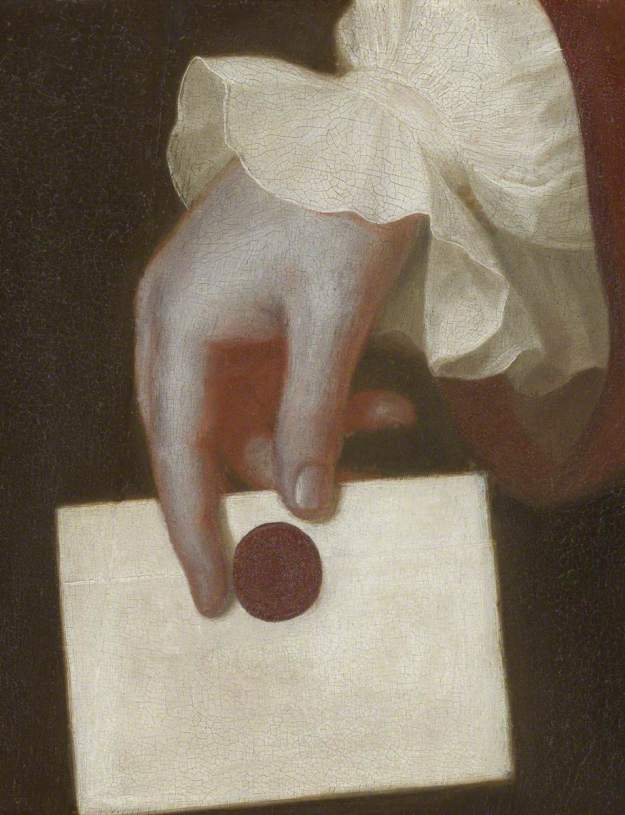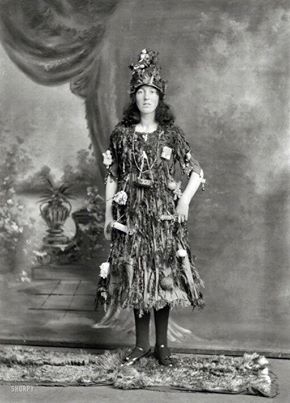 THE HAUNTED HAT-BOX.
THE HAUNTED HAT-BOX.
By MAY CROMMELIN, Author of ” A Jewel of a Girl,” “Goblin Gold,” “Dead Men’s Dollars,” “Half Round the World For a Husband,” &c..
“I’ll not bear it any longer!”
Springing to my feet I went to look in a mirror. A tear-stained face, just out of its teens, a rumpled head of auburn hair met my gaze. So sorry a spectacle was it that no wonder the scornful words escaped my lips aloud.
“Humph, my dear! A pretty bride of two months standing you are! Well, sooner or later things have got to come to a climax, and for my part the sooner the better. I’ll sit down and write to Uncle Billy. There!”
With lips firm-set, but trembling fingers, I accordingly sat myself down and scribbled thus to my late guardian:
“Riverside, Henley, Thursday, August 22nd.
“Dearest Uncle Bill, Do come down and see us for the week’s end. I wish to consult you on a special private matter.
“The fact is I am very unhappy about something, and unless it can be cleared up–soon! shall have to ask for the shelter of your roof once more.–Ever your affectionate niece, Gertrude Isabel Cranstoun.”
“That looks strong and decided. It’ll bring him ‘jumping,’ as he always says,” was my satisfied murmur.
Just then the door opened to admit my lord and master, who came in from a solitary afternoon’s punting, looking darkly handsome, so I phrased it to myself.
“Ah, tea is in, I see,”‘ he stiffly remarked.
“It is. I have had mine. Will you have some?” Rising with the new, simple dignity of a wife strictly resolved to do her household tasks, however morally ill-treated, so long as the situation, strained to tension, could be endured.
“Yes, please. No, no sugar. Thanks.”
Alas! One month ago he would not have been late, for we could not have dreamt of being parted all a summer’s day by a lover’s quarrel. I must have waited for him. Then he would have said: “No sugar, sweetest.” and we should have laughed like happy fools. Even last week, even yesterday itself, he always said “dear” in a tone growing daily more deprecatingly entreating, as who should imply: Let us drop that subject. Let us love each other and all be the same as before you found out–? And then he would smile rather piteously.
And I would smile back piteously, too. Oh, my heart was aching for my poor boy–never think otherwise. But I had found out, you see; found out there was a secret close by us–a thing that woke sometimes and wailed in the dark, small hours, chilling my blood. And Cuthbert, when first I wonderingly questioned him, looked embarrassed, and tried to laugh the matter off. These later days he turned pale; said indistinctly once it was an old story that had nothing to do with me, nor ever could. Lastly, he begged me to inquire no more, like a good girl, but to come home to Woodleigh Hall. There, he promised me on his honour, that there would be no more trouble.
The proposal turned me aghast. What! When he knew boating was the one thing we both adored, and we had taken Riverside for another three weeks! When the Hall was not ready, the tenants’ dinners, speechifying, arches, the house-parties, partridges, etc., were all to come in September! When never, never again in our lives were we likely to have another second month of honeymooning! The hot blood leaped to my face, quick words to my tongue. What matter? He cared no longer for my company alone on the river that was clear, oh, quite clear.
All I said, I don’t well know. But I refused, cried, “No!” He ought to speak out. I insisted on knowing; had a right as his wife. Then he grew angry, said he would not be dictated to, had more right to keep certain affairs secret–even from me. Then, oh, it was all a turmoil of mutual entreaties, refusals to tell–to forbear asking. And now, never, never could we two be loving and trustful again. Not unless this horrid, brooding mystery was cleared up.
What was it, do you ask? Well, as few care to hear a tale twice, please wait until Uncle Bill comes, for he will want to know, too.
My husband stared out of the window. I furtively sent search-light glances in his direction. Handsome, dark, when in thought, his features always tinged with melancholy. This was the same Cuthbert who had wooed and won me. But surely, there was more nowadays revealed to my anxious, jealously-loving eyes. He had a poise of the head as if always on the alert, listening to catch some distant sound he dreaded. His eyes, too, looked often into space inquiringly, fearfully. In a miniature of his father, yonder on the table, there was the same strained, apprehensive look. And a cold fear crept into my heart lest there might be a strain of madness—
Yet, no, no! My own ears had heard, and I was sane and prosaic enough. Rousing from this profitless reverie I broke the silence in a small voice: “Have you any objection to my asking Uncle Bill down for the week’s end?”
Cuthbert started, winced I thought, then coolly answered:
“Oh no. Write if you wish it.”
“Thanks. I have written.”
“O–h, you have,” icily. “Then why stand on the ceremony of asking my leave?”
“Because you might have refused. In which case I should have gone to stay with him.”
Crash! That was my lovely teacup set down half-full on the table. Bang! That was Cuthbert’s chair, pushed back so violently it almost knocked over the standard lamp. Slam! The door was closed behind him emphatically.
For two more days we neither of us spoke to each other, except before the servants, to keep up appearances–. Then, oh, thank goodness! on the evening of the Saturday Uncle Bill arrived, calmer, more tactful, kindlier than ever in manner and look, being the most diplomatic of old club-men.
Cuthbert met my uncle civilly, and during tea both were on easy, but guarded terms. Then, with a muttered excuse, my husband left the room, saying he would not be back till dinner-time. No sooner were we two alone than Uncle Bill came and sat down in front of me, saying quietly:
“Now then, what is all this about, eh? I’m so sorry if there has been some trouble between you two.”
“Has been! There is! And as to ‘some,’” here I began to cry softly. “I’ve tried for a fortnight and more to believe it was all my own imagination—that it was wrong to be suspicious. But the other night I had to tell Cuthbert that once for all, he must choose whether he wished to live with me or with__”
“Who with? With whom?” burst from Uncle Bill, quick and clear. Being the softest-voiced, most sleepy-going of men, this showed deep excitement.
“It’s not with who or with whom,” I testily answered, careless of grammar. It’s with what. And to make my story short, it’s with his hat-box! Oh,–don’t!”
Uncle Bill had thrown himself back in his chair, and his portly person was heaving with hearty, subdued laughter. I could have beaten him with infinite pleasure. As it was I stamped my foot, crying out in a passion:
“Uncle Bill, do you think me a fool? Is Cuthbert one, too? Why do you imagine we should have got to such a pass as this when—when—I—I—think of leaving him, unless there was more behind. I mean something dreadful inside it?”
Uncle Bill’s roar of mirth broke off suddenly, as if a trumpeter had withdrawn his lips from his instrument. He looked searchingly at my face, raising his brows, and breathed, “Drink?”
“No, oh no. Cuthbert is most abstemious. He takes even less than you. This is something on his conscience, I fear; otherwise”—bending forward to whisper—“why should he mutter in his sleep? Three night ago he woke me by crying out—but it seems a shame to betray what he said when sleep, doesn’t it?”
“Humph! Yes. What did he say?”
“He groaned and called out: ‘I must hide it somewhere else. Gertie! Gertie knows!’ But you don’t understand. Shall I begin from the beginning?”
“Yes, do. Go on, I’m listening.”
This meant serious business, for Uncle Bill’s favourite invitation to speak was: Fire away!
Accordingly, I began by telling how, when we first started abroad on our honeymoon trip to Switzerland, my maid offered to carry a hat-box amongst my husband’s luggage. He thanked her, but said so distinctly he always wished it to be left to himself that she and I joked about it. What could he want with a “topper” in the mountains? Ah! He replied as gaily, he never liked to go without it. Somewhat to my surprise Cuthbert next asked leave to bring this hat-box into my room at nights, alleging that his own was crowded with luggage. Now, it was as large a room as mine; but I made no observation, thinking it was my first experience of my husband’s peculiar fad, and that, when living in Uncle Bill’s home, I noticed how the best of men had fads that might just as well be humoured.
“Humph! Ha! Quite so. Not a bit of it. Well, go on,” ejaculated Uncle Bill.
The same thing happened in Switzerland every night. By day the hat-box was carefully locked inside a wardrobe, of which Cuthbert carried the key. One day, therefore, I suddenly said I knew what was inside it. To my surprise, my husband turned quite pale, and demanded in evident perturbation:
“What? How? You could not have opened that lock!”
“It must be money or valuables,” was my piqued response. “Why not leave it in my care instead of hiding it like a wild cat used to do with her last kitten?’
Cuthbert laughed at that, but changed the subject; when once I reverted to it, he showed annoyance.
We went with a party up the mountain to sleep in a hut and see the sunrise, only taking small handbags each. But Cuthbert brought the hat-box too! We were both of us chaffed by the others unmercifully. Well, a second expedition of a similar kind took place; and this time Cuthbert left the tiresome thing behind, at my entreaty. He seemed ill at ease, and hurried back early to our hotel, where we were met by the servants with outcries.
Eh! What a night! From midnight till cockcrow nobody near our room had closed an eye. Why? Because something inside the dress-closet in monsieur’s room made an awful, indescribable noise! Something between a wild animal and a spirit in pain: it so wailed and moaned, explained the night porter. They did open our rooms, but the closet was locked. Well, Cuthbert ran upstairs and into his room, which opened only out of mine. I followed him closely when out he came, saying:
“It was a cat–a wild cat, plainly. Tell the servant so. I must have shut the poor beast in.”
Well. I asked Simpson to tell the household what he said. But my senses told me it was untrue; for no cat passed out by my room–I was there. Simpson looked queerly, pursed her lips, then said:
“Well, miss, I mean, ma’am, I’ll do as you wish, because I was your mother’s maid twenty years before ever I became yours.”
And then she went out of the room as stiff as a grenadier. I felt too ashamed of the fib, and too nervous and puzzled to know what she meant.
In Paris on our return things grew worse. It was hot weather, and our room was very small, with a dressing-closet for Cuthbert inside. Feeling feverish about three in the morning, I got up softly, meaning to lean out of the window when in the dark I stumbled over the hat-box, and hurt my toes. This vexed me, so I thought to thrust the tiresome object into the closet. But it was too heavy to lift; if it had been made of iron, and the floor a magnet, that might give some idea of the weight which amazed me. Furious at what seemed a delusion of my senses for I recalled seeing Cuthbert bring it in one hand easily I set my muscles, and with a great effort literally staggered into the closet. I was stronger than any other girl at school. Hardly was the thing set down than something inside began to roll round, swaying and knocking against the furniture, at which I gave a shriek, and rushing back, shut the door. There came a moan I could swear to that! Next moment, Cuthbert bounded up, switched on the electric light, and looking white as ashes, asked what was wrong. Had I seen anything?
“The hat-box–” was all I could gasp, pointing. He burst into the closet, and the noise stopped like magic. His bride being so upset, crying and trembling, one might think Cuthbert would have come to me. But no; he only implored me to be calm, and stood in the doorway as if mounting guard. Then assuring me it, was all my fancy, he seized the hat-box with two fingers and was bringing it back when I screamed, declaring unless he left it there and shut the door, I would rush into the corridor. Well, he reasoned; I protested. The end of it was, he shut himself into the dressing-closet in a temper, apparently, while I lay awake crying. We left early for England in the morning, and between our first quarrel and a rough crossing, on arriving in London I was suffering too much to go- on to this house straight as we had intended. Cuthbert said hastily I must stay with Simpson at the Grosvenor Hotel, white he ran down to Riverside to “arrange things.” We could follow next morning. And off he rushed to Paddington, before I could utter a word the hat-box with him though he forgot his dressing-bag. Knowing the house and servants were ready, I own to feeling huffed when I came down. But Cuthbert was full of lame excuses for having left me. He added, significantly that he had put all his traps out of the way. No hat-box was to be seen; and I began to breathe freely, when Simpson roused my fears by observing, that a cupboard in the wall of my room was locked and sealed. It was just what she wished to put my hats in.”
“The owners have done so,” I suggested.
Simpson looked nearer, and said:
“Why, the seal is Mr Cranstoun’s crest. See, ma’m!”
She and I gazed at each other, but said nothing. Simpson is a reserved woman, but I know we were both thinking: “it is in there!”
“Well, but my dear Gertrude, if you are not worried any more with sight of it, surely–” began Uncle Bill.
“Listen, please. This past week there have been two dances in the neighbourhood to which we went. But, to my surprise, before the first ended, I missed my husband, he had left about half-past eleven, pleading a headache to the hostess, and saying it would be a pity to spoil my enjoyment, so he would send our fly back later for me. Everyone, myself foremost, praised Cuthbert’s kindness. Unhappily, three evenings ago, we were at the second dance, when, just as I was in the highest spirits, my card crowded with the names of the best men in the room, up came Cuthbert, and whispered, would I mind leaving; he felt out of sorts, Now. as a rule, he has splendid health; what was more, he looked quite well, and a suspicion struck me–in fact, my mind jumped to the true meaning, that the hat-box was connected with this sudden pretence. Well, the hosts pressed him to stay; another dance began, and my partner whirled me off, for just a turn, and would not stop. The end of it was we did not leave for twenty minutes. On the way home, Cuthbert seemed so vexed and silent that my conscience smote me, fearing he was really unwell.
On reaching home, to my surprise, all our maids, the gardener and butler, were huddled in a half-dressed group outside the porch, looking up at my room, where the gas had been left lit. When we called out inquiries, Simpson alone answered, saying sternly to Cuthbert:
“If you please, sir, there is something hoccultly spirituous in the cupboard.”
Without waiting for another word, Cuthbert rushed upstairs, when at the same time we all heard a horrid cry, as one of someone being murdered. There followed a long-drawn moan, coming plainly from my room. The maids screeched; and in terror lest Cuthbert should be in danger. I flew after him. As he flung the door open, I distinctly heard him call out, low, but passionately: “Here I am! Peace! peace! Can I not be late just once, a few minutes? Will this torment never end?”
The wailing sound that still shivered on the air suddenly ceased. There was utter silence in the room, and it was perfectly empty. Cuthbert turned, and seeing me, looked strangely. Then, leaning out of the window, he called to the servants:
“There is nothing here. Did you hear cats on the roof? Come up and see, you men?”
The men came slowly, nodded sheepishly, and went away. I told the maids severely to go to bed, even Simpson. Then, coming back to my husband, I said:
“Look here, Cuthbert, your cousin, Mary Sharky, told me something of this. I love you dearer than all else on earth; but you do not love me truly, or you would put this—thing–away.
“I asked Mary to tell you; it was a thing you ought to know before marrying me,” said Cuthbert, in a hollow voice. “But if she told you all, you ought to know it is impossible for me to—to–separate from this. Other women have borne it before you–and more.”
Now it happened that Mary Sharky did not tell me all. For she began a story full of innuendos against Cuthbert about some woman whom he had ill-treated and ought to have married, she said. It was told as if she were anxious to warn me, fearful my marriage would be a frightful failure. So, thinking her a spiteful cat, I haughtily refused to pry into Cuthbert’s affairs, and begged her to say no more.
“Do you wish me to take that to the spare room. There will be a horrible noise if I leave it alone there,” added Cuthbert.
“No. I’m not afraid! And we need not make more gossip for the servants to-night,” was my reply, for my spirit was roused. “You see now, Uncle Bill, that either I am Cuthbert’s wife, and have a right to live in peace with him, or else he had better keep to his–his midnight ghostly companion and let me go, go back to my dear old uncle.” The burst of sobbing which ended this sentence did not premise much for my own or Uncle Bill’s happiness, if this should come to pass.
“Poor little girl! Cheer up! cheer up!” cried Uncle Bill. “But what the dickens is it?” in blank wonder.
“I can’t guess!” A wail was in my voice, tears in my eyes. My ears were strained to hear my good guardian say that I was a foolish, big baby. My heart ached with the fear lest he might—must–think ill of Cuthbert. Slowly the verdict came from those bearded lips.
“Humph! Ha! It looks uncommonly queer. Perhaps Cranstoun will let me speak to him to-night. Come, Gertie, dry up! Your face looks as if it had run in the washing.”
Thanks to Uncle Bill’s strenuous resolve to make us all three keep up appearances, dinner went off fairly well. Then I left early, and creeping out into the darkness of the summer night, leant with aching brow and worse aching heart against the old cedar in deep shadow. Presently men’s voices sounded close by. Two burning spots betrayed cigars in the dark, where a couple of forms were strolling noiselessly on the turf. And his, I mean Cuthbert’s, voice said, emphatically, in sadness:
“I would give ten of the remaining years of my life to be free from this haunting horror. But Gertie knows–my cousin told her of the family curse. My mother, my grandmother, both endured it, so I hoped she loved me as they did their husb–”
“Cuthbert! I’m here, not listening, but I couldn’t help overhearing. What curse? What family?” was my wildly eager interruption, as breaking through the low branches I came out from my retreat, stammering almost incoherently: “Mary never told. She slandered you, made believe you ought to have married somebody else–herself I thought, and so refused to hear. Then afterwards–you see–I supposed it was worse– something dead–Oh, dear, there must have been some dreadful mistake.”
“Never mind, it’s all right.” (I was in Cuthbert’s arms). “There, there, my dear little wife. Mary is a–a snake! Believe me, I never thought of marrying her, though she did try at one time. Why, Uncle Bill, it seems neither of you do know. Where are you?”
“Humph! Ha! I just strolled on here,” came from a discreet distance. A portly form loomed, returning; then in mellow tones came the meaning reminder: “No, my dear Cranstoun, we don’t know–yet! Being in the dark in both senses, how would it be to return to the house and get some light?”
“You mean–? Yes; you should both know. Certainly my wife has a right,” answered Cuthbert, in uncertain accents. “Well, come in.” Without mutual explanations we closed the windows, drew the blinds, lit all the lights. Then Cuthbert began; and from his tone it seemed a real relief to speak freely to me at last.
“The story begins seventy-five years ago,” said Cuthbert, “when my grandfather was an orphan between fourteen and fifteen years old, living at Woodleigh Hall with his three step-brothers. These were grown men, ho oldest over thirty years of age; a jolly, hard-swearing, fox-hunting trio of bachelors on more or less friendly terms. Their father had married twice, however, and the only child of the second marriage was my grandfather. Besides being so much younger than the others, he was, by all accounts, very different; a gentle, studious lad, timid and delicate, perhaps because his brothers looked upon him as an intruder and made him the butt for their taunts or ill-humour.
“Woodleigh Hall was a hell-fire club in a small way, while these three roysterers kept open house for all their dare-devil acquaintances. They passed the day in the most barbarous sports of the time–cock-fighting, or bull-baiting, and drank their six bottles of port a-piece at night till they rolled under the table.
“One summer evening, about seven o’clock, when they were sitting over their wine, and as it happened with no other company but my grandfather, one of my grand-uncles spied a pedlar passing through the park for there was a right of way there which was a standing grievance to the three brothers. They were so feared by the villagers that few or none came that way unless greatly pressed. But this pedlar, being a wayfarer, possibly did not know.
“‘Hullo!’ cried one of the party, ‘here’s some sport! Let’s go and turn that fellow back for his impudence and we will empty his pack.’
“Out the three staggered, full of wine and quarrelment, followed by my grandfather, who said to the hour of his death that he was quite sober–for he used to spill his wine on his clothes when bullied by his brothers to take more wine than his head could carry. Fearing mischief, he went reluctantly, keeping behind though they called to him to come on- and he saw them enter a wood with a whoo-whoop! Tallyho! as if they viewed their man. Next came the noise of a loud wrangle—blows, a shout of ‘Murder!’ and dying groans.
My grandfather was not very brave, perhaps, for he turned and fled home. When he saw his brothers next, they looked so darkly at him, that he durst not ask questions. But he feared the worst; and, indeed, he was packed off to college the day after—a boon he had vainly asked for months. So they feared him it would seem; and on the very day he left a hue and cry for the missing man was already begun.
“The pedlar’s body was found after some weeks by a gamekeeper’s dog that scratched up freshly-turned earth in the wood. At the time there were angry rumours among the peasantry, for the squire and his brothers were suspected of having a hand in the foul play. But as the poor fellow was a stranger, it was nobody’s business. My grand-uncles, however, declared they would give the pedlar a Christian burial; and his remains were accordingly placed in the churchyard, with an inscription stating he was killed by persons unknown.
“But here comes the queerest part of the story. A week later the sexton was horrified to find the grave disturbed, the coffin split open, and the pedlar’s skull on the top. The strange news was taken to Woodleigh, when my grand-uncles were very angry, blamed the sexton, and themselves saw the skull reinterred. The next night the same thing happened, and once more. The country people also believed that groans came from the murdered man’s grave. So, declaring they would pretty soon show there was nothing to fear, the Cranstoun brothers took the skull to the Hall, where the eldest kept it in his own bedroom. We do not know what they saw or heard, but all three seemed under a curse from the day the pedlar was killed. The oldest died of drink within the year; the second went raving mad and was shut up; and the youngest broke his neck in three months, riding his hunter at a quarry-hole which he knew well. My grandfather inherited Woodleigh and the estates, but he was never a happy man. He tried to bury the skull again, but it reappeared above ground, and to his despair he was forced to keep it at Woodleigh. By experience he discovered that by day he was at peace from ghostly manifestations. But from midnight till dawn or so, there was no quiet unless he slept with the skull near him.
“My father found the same thing. So have I! And that is the history of the Cranstoun family curse. If anyone can suggest how to free myself and those belonging to me from it, no words could express my gratitude.”
“As Cuthbert ended, he glanced at the clock, out of nervous habit, being so used to watch for the hour of trouble. I glanced, too; but then looked at Uncle Bill. After deep musing the latter roused, bent forward to us and spoke:
“There is a plan which might, be tried, but it involves a possible nine days’ scandal at Woodleigh. Therefore you would both have to weigh that against the mere chance, mind you, of freedom, Now, Gertie, declare nothing till you hear. It is like this, Cuthbert! and you will decide between family pride and honesty. You say, on the grave-stone over the pedlar’s grave the words still stand: ‘Killed by persons unknown!’ Have you moral courage to put instead the names of your grand-uncles?” Cuthbert was silent awhile. Then he said: “It is just. I will do it!”
***
On the following Monday we three were at Woodleigh, to the surprise of the household and tenantry. Only very few, and those tried servants, knew of a short service that week one early morning, when a skull was buried in an old grave: and upon the headstone stood in fresh letters, after the pedlar’s name. “John Luckpenny, died 1798,” these words: “Killed without just cause, by Simon. Wilfrid, and Thomas Cranstoun.” But soon the matter became whispered abroad, as also truly, that the Cranstoun family curse was lifted.
The Newcastle [Newcastle upon Tyne, Tyne and Wear, England] Weekly Courant, 13 January 1900: p. 2
Mrs Daffodil’s Aide-memoire: Oh, the endless misunderstandings of newlyweds who do not communicate and foolishly keep vital secrets from one another! One is reminded of Du Maurier’s Rebecca. What sort of a man asks his cousin to break the news of a murderous family’s curse to his fiancée? One can almost hear the skull screaming in impotent rage at such idiocy.
That said, pedlars, who had no fixed abode and carried goods and cash, were easy targets for thieves and malefactors. Mrs Daffodil has written before about an apple tree haunted by the spirit of a murdered pedlar. This story also echoes the tales of “Screaming Skulls,” an exceptionally noisy type of ghostly manifestation in British lore, wherein a skull accustomed to sitting at or being walled up in one location, screams and raises a great row when moved. They are the supernatural equivalent of a toddler throwing a temper tantrum.
Mrs Daffodil invites you to join her on the curiously named “Face-book,” where you will find a feast of fashion hints, fads and fancies, and historical anecdote
You may read about a sentimental succubus, a vengeful seamstress’s ghost, Victorian mourning gone horribly wrong, and, of course, Mrs Daffodil’s efficient tidying up after a distasteful decapitation in A Spot of Bother: Four Macabre Tales.
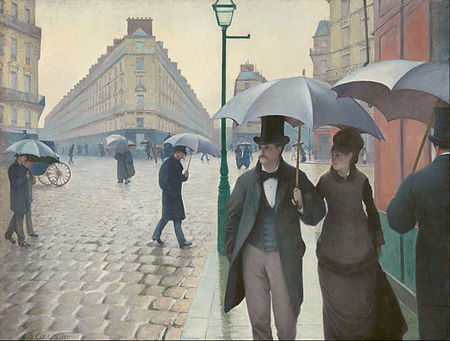


 THE HAUNTED HAT-BOX.
THE HAUNTED HAT-BOX.